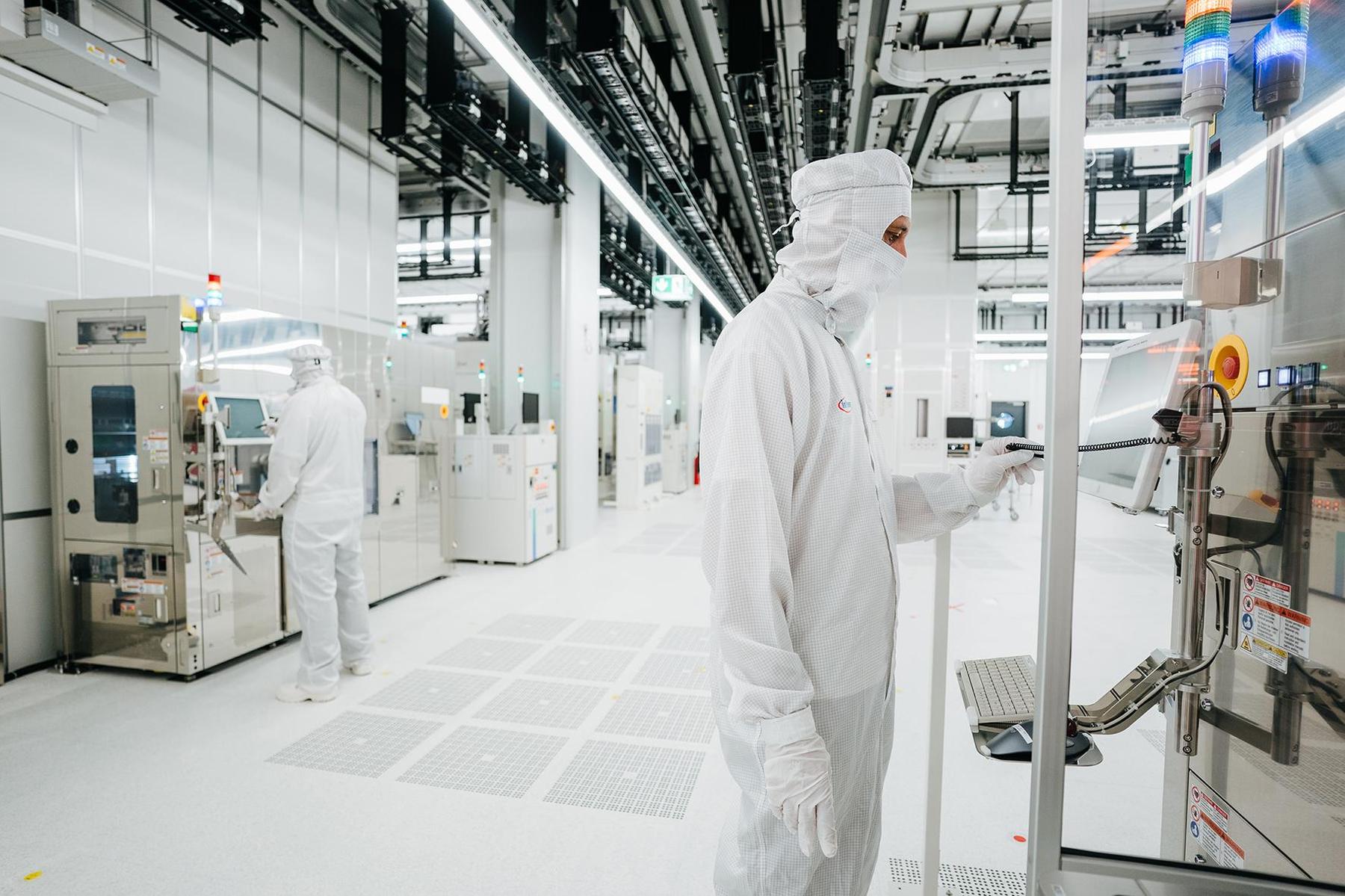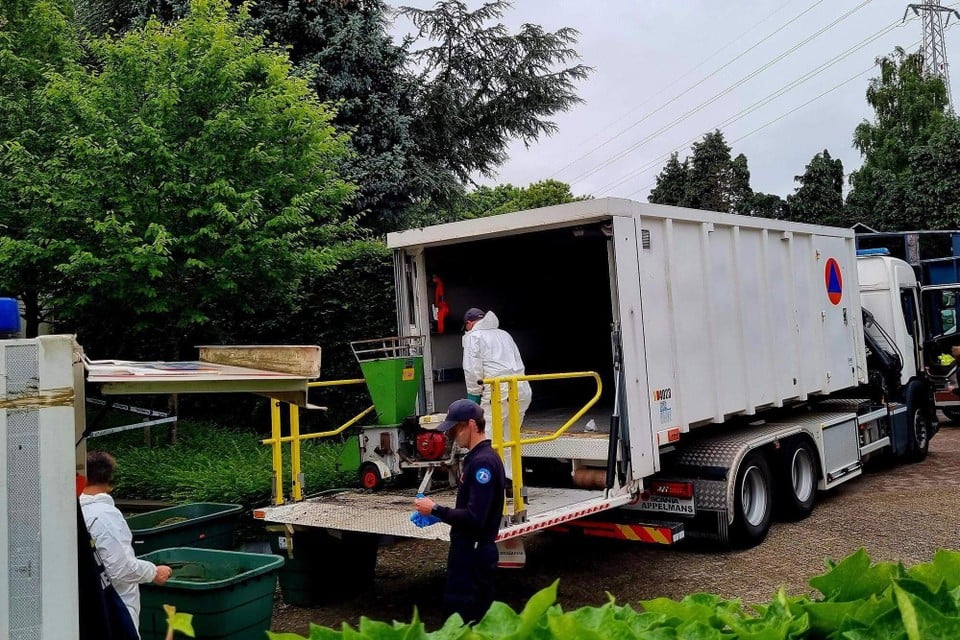Judge wants to determine the effect of drugs on drivers in positive samples

The problem of false positives for drivers’ drugs, the lack of sufficient and prepared experts, as well as the use of traffic data to establish details of road accidents were listed as key in the fight against road trauma. The topic was discussed at a meeting of the Interim Parliamentary Committee on traffic safety problems.
In addition to MPs, representatives of the Ministries of the Interior and Justice, the Supreme Court of Cassation (HCC), the National Investigation Service, the Prosecutor’s Office and NGOs joined the discussion. Judge Krasimir Sekerdzhiev expressed dissatisfaction that no material has been received from the Commission’s work so far, although it is its fourth meeting. He then explained what changes to the legislation should be made, and they are mainly related to driving after drug use.
A bill can limit problems with fake positive drug tests of drivers
According to him, the machines used in Bulgaria to determine the use of drugs give 12% errors according to the manufacturer. He continued with data from the Ministry of the Interior, according to which a check on drug drugs followed by blood giving indicates that 35% are false positive or negative samples. In the largest laboratory in the country – the one in the MMA, there is a discrepancy in 42% of the samples.
« Observing the proper order that requires the use of a technical means is a big problem because the technical means in which the basis of control is, neither is it precisely nor allows it to be assessed when the drug was used, what period has passed since its use, nor the used quantity. It guarantees that drug use will be established in the degree of influence, as in alcohol, « Shekerdzhiev explained, recalling that the technical means establish drug use many days before the sample is taken.
False positive drug tests in 2024 were 10%, according to MoI data
None of the discussion present on his request, with only the expert in the Ministry of Interior Vanya Georgieva specifying that 4 laboratories are currently being built for drug test studies, which are in Varna, Plovdiv, Veliko Turnovo and Pleven. She also raised the topic of the car seized cars of established drunk or drugged drivers. According to her, the measure, introduced in 2023, has already produced results and for the first time in years in 2024 has a decline in this type of crime. Georgieva specified that a total of 6913 cars have been seized so far, and for 1316 of them there is already a final court act. Judge Shekerdzhiev also confirmed the positive effect of the measure, but with a note.
« The seizure of a car due to driving after the use of alcohol or drugs breeds major problems. The HCC failed to unravel the will of the legislator and asked for an interpretative decision from the Constitutional Court, which we expect soon. This is a possible measure, but it is necessary to clarify what is done if the driver is not owned by the driver, what we do in the case of a driver, which is often made by the driver. Both cases have to take the car, « Shekerdzhiev said.
The Judicial College asks a magistrate why he did not take away Neizy’s car and whether it was not sold
All participants in the discussion agreed that there were not enough experts in the country, and the few were not sufficiently prepared. According to Shekerdzhiev, cases are delayed because the court often wants a new expertise. He gave as an example Vidin, Vratsa, Montana, Silistra and Razgrad, where « practically no experts for quality expertise ».
For this purpose, the Ministry of the Interior has started training of over 200 police officers on the specifics of crashes, Vanya Georgieva said. « The motivation among investigative police officers is sufficient regardless of pay, » she added.
EU agreed on how to pursue severe road violations abroad
For his part, Krasimir Draganov of the National Investigation Service proposed a change in the legislation related to the provision of traffic data by mobile operators. Currently, they can only be requested for serious premeditated crimes. According to him, the crimes of transport safety can be included in this hypothesis.
The debate also caused demands to increase penalties for crimes related to road trauma. Most participants have recommended that MPs think just in this direction. For example, penalties for road violations were given greater than intentional crimes.
Attorney Elitsa Buenova, who defends many relatives of those killed on the roads, also joined the conversation. According to her, MPs should consult with the Supreme Court of Cassation judges when writing changes to the laws. She asked if it could be written in the Penal Code that all drunk or drugged drivers were making a deliberate crime if they caused a crash. Experts’ answer was that it couldn’t happen rather.
« The question of guilt is complicated. The attitude towards the violation cannot determine the form of guilt. The attitude to the socially dangerous result of the violation must be viewed, » Shekerdzhiev said.










